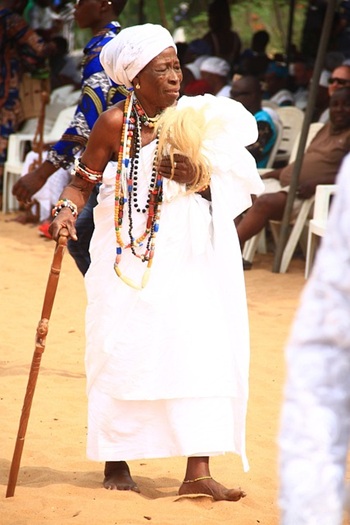Why Are Myths Important? Understanding Their Timeless Value

Why Are Myths Important? Understanding Their Timeless Value
Discover why myths are important in culture, history, and human understanding, shaping beliefs, values, and traditions across the world.
From ancient Greece to modern urban legends, myths have been an essential part of human storytelling. They are more than just old tales — they carry lessons, shape cultures, and connect generations. But why are myths important? In this article, we will explore the cultural, historical, and psychological significance of myths and why they remain relevant today.
1. Preserving Cultural Heritage
Myths act as cultural time capsules, preserving traditions, values, and beliefs for future generations. For example, Greek myths tell us about the gods and heroes that shaped ancient Greek society, while Native American myths preserve spiritual beliefs about nature and the universe. These stories serve as a bridge between past and present, ensuring that cultural identity remains intact.

Examples of Cultural Preservation
- Greek Mythology: Explains natural phenomena and human behavior through stories of gods and heroes.
- Hindu Myths: Preserve moral lessons and religious teachings through epics like the Mahabharata and Ramayana.
- African Folklore: Passes down wisdom about community life, ethics, and respect for nature.
2. Teaching Moral Lessons
Many myths are designed to teach lessons about right and wrong. They often use symbolic characters and events to deliver moral guidance in a memorable way. For instance, the story of Icarus warns against arrogance and ignoring wise counsel, while Aesop’s fables emphasize virtues like honesty and kindness.
3. Explaining the Unknown
Before science offered explanations, myths filled in the gaps. People created stories to explain natural events, life, death, and the creation of the world. For example, Norse myths describe thunder as the sound of Thor’s hammer, and ancient Egyptian myths explained the sunrise and sunset through the journey of the sun god Ra.
4. Strengthening Social Bonds
Myths are often shared through communal gatherings, festivals, and rituals, bringing people together and strengthening a sense of belonging. When a community shares the same stories, it builds unity and reinforces shared values.
5. Inspiring Art and Literature
From Shakespeare’s plays to modern movies like “Wonder Woman” (inspired by Greek mythology), myths continue to inspire creativity. Artists, writers, and filmmakers draw from these timeless tales to craft new works that resonate with audiences worldwide.
6. Providing Psychological Comfort
Myths can provide comfort during uncertainty or hardship. They offer hope, explain suffering, and give meaning to life’s challenges. Joseph Campbell’s idea of the “Hero’s Journey” shows how mythic structures can inspire personal growth and resilience.
7. Shaping Beliefs and Worldviews
Myths influence how societies view the world. For instance, creation myths shape religious beliefs, while heroic myths can inspire courage and determination. These narratives help people make sense of their place in the universe.
Modern Relevance of Myths
Even in the digital age, myths remain influential. Urban legends, conspiracy theories, and modern fantasy stories carry many of the same functions as ancient myths — teaching lessons, entertaining, and connecting people to shared ideas.
Examples of Modern Myths
- UFO sightings and alien abduction stories
- Legends of cryptids like Bigfoot and the Loch Ness Monster
- Inspirational stories about self-made heroes in business or sports
Conclusion
So, why are myths important? They preserve culture, teach moral lessons, explain the unknown, strengthen communities, inspire creativity, provide psychological support, and shape our beliefs. Myths are more than stories — they are a fundamental part of what makes us human. As long as we continue to share them, they will keep shaping our world.
Frequently Asked Questions
Q: Are myths still relevant today?
Yes. Myths continue to influence modern culture, media, and personal beliefs, often appearing in books, films, and even social media stories.
Q: Do myths have to be ancient to be considered myths?
No. Modern stories that convey symbolic meaning or cultural values can also be considered myths.
Q: How do myths differ from legends?
Myths often deal with gods, creation, and universal themes, while legends are more grounded in historical events or real people.
Q: Can myths be harmful?
Some myths may promote outdated or harmful stereotypes. However, they can also be reinterpreted for positive lessons in modern contexts.
Q: How can I learn more about myths?
Explore collections of mythology from different cultures, read scholarly works, and visit websites like omnimyths.com for in-depth explorations.
